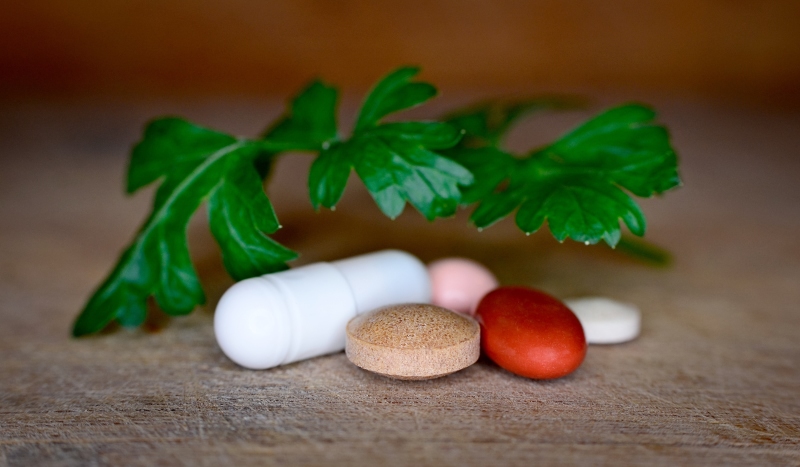
Herbal Slimming Pills
In general, herbal slimming pills include the good the bad and the ugly of the dieting world. The good are the ones that actually work; the bad are those that do little to help you; while the ugly are those that can be actively dangerous.
Herbal slimming pills tend to work on one of two principals. They either claim to boost your metabolic rate and reduce appetite, or else they claim to block the bodys absorption of carbohydrates.
What's In Herbal Tablets?
Common ingredients used in herbal slimming pills include:
- Dandelion Root : boosts metabolic rate and reduces appetite
- Yerba Mate : boosts metabolic rate and reduces appetite
- Bladderwrack : an ocean kelp which helps support the metabolic rate and break down fatty reserves
- Psyllium Husk : a concentrated fibre which fills you up
- Hoodia Gordonii : taken from a cactus that grows in the Kalahari desert in South Africathat curbs your appetite and helps you slim
- Ephedra (ma huang) : The Food and Drug Administration in the USA has banned this stimulant after several deaths among users. It is the key ingredient in the anti-obesity drug known as "fen-phen."
- HCA (Hydroxycitric acid) : a herbal extract distilled from a family of plants native to India, which suppresses appetite and slows the conversion of carbohydrates into fat.
- Pyruvate : a natural compound which is popular as a muscle builder and weight-loss aid. Some studies suggest that pyruvate can help burn calories. Side effects can include bloating, diarrhoea and stomach cramps.
Are They Safe Then?
The key to using any of these drugs is to be sure they are safe, and if possible, get personal recommendations from others who have used them.
None of them will work miracles if you are eating poorly, but some of them can assist a programme of exercise and reduced calories.
Most Popular
- › What is Calorie Counting? A Quick Guide
- › Balanced Diets - Tips & Advice
- › Treadmills & Running Machines
- › Detox for Weight Management
- › What Is Diabetes?
- › Weightwatchers Review
- › The Effects of Alcohol on Your Health & Weight
- › Is Child Obesity A Major Issue?
- › Exercise Helps Weight Loss
- › Eating Healthy Foods
You may also be interested in...
What Are The Different Kind of Weight Loss Pills?
Struggling with your slimming? Want to see what your choice of weight loss pills is? As another oute to help you slim, they could be a great option.Can Slimming Pills Help You Lose Weight?
Discover how slimming pills and prescription drugs can become an alternative route for you to lose weight.Appetite Control
Did you know that appetite control is a key contributing factor for many that lose weight. So find out more on different methods to help you lose weight.The Route to Weight Loss
Read about the route to lose weight. There are lots of different methods to achieve the weight loss you want, why not check out what's available for you.Basal Metabolic Rate
Sort out your BMR or Basal Metabolic rate with a simple calculator. Make sure you know the facts and simple information when trying to lose weight and gain fitness
